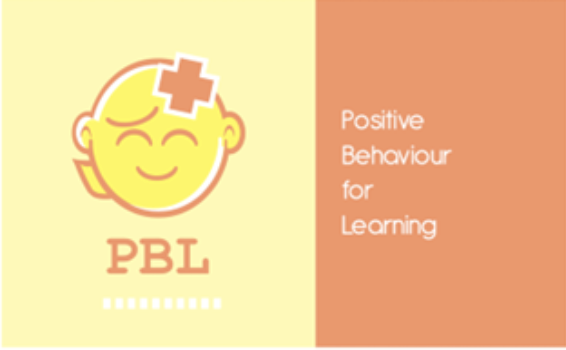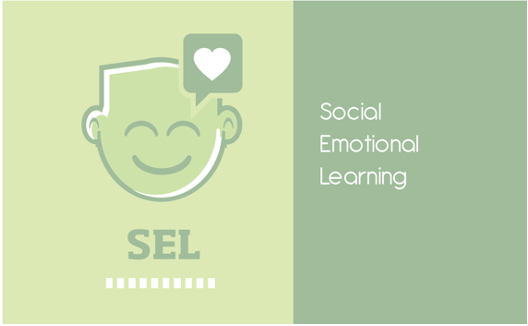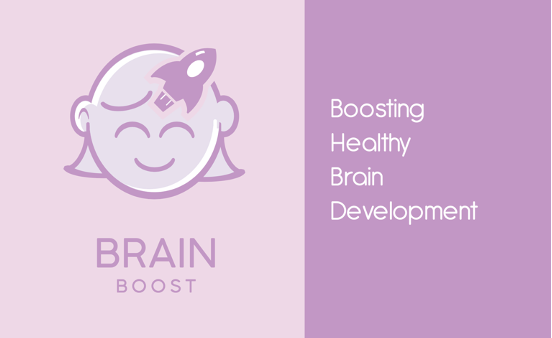This Framework is based on the department’s SLWF (Student Learning & wellbeing framework) and incorporates other aspects we cover. Teachers regularly teach these aspects to ensure the wellbeing of our students. We engage in a QEW Qld Engagement Well-Being Survey to monitor the success of our framework and to identify key areas for improvement.

Glenore
Grove State School is a Positive Behaviour for Learning (PBL) School
and is committed to providing a safe, respectful and disciplined
learning environment for all of our students, staff and families, where
students have opportunities to engage in quality learning experiences
and acquire values supportive of their lifelong wellbeing. The
goal of Positive Behaviour Support is to enhance the capacity of
schools to educate all students, including students with challenging
social behaviours, by establishing an effective continuum of Positive
Behaviour for Learning systems and practices.
Our
school staff are critical to developing safe and inclusive classrooms,
where students are supported and engaged in learning. A whole-school
approach to curriculum provision, using a continuum of support, caters
for the learning needs of all students including those with diverse
needs. Successful teachers define, teach, reteach, and model the
expected behaviours. They provide regular opportunities for students to
practise the expected behaviours in the settings in which they will be
used. They also actively supervise students, promote the expected
behaviour, prevent, and correct inappropriate behaviour, and acknowledge
positive behaviour.

Social and emotional learning (SEL) is about learning how to manage feelings, manage friendships and solve problems. These are essential life skills that support wellbeing and positive mental health. Social and emotional skills promote children's ability to cope with difficulties and help to prevent mental health problems. At GGSS we use the PATHS, (Promoting Alternative Thinking Strategies) Second Steps and URSTRONG, Switch4Schools programs to teach social-emotional skills through explicit lessons. Lessons are timetabled and completed weekly.

Brain Boost is a part of the GGSS SWELL Framework that promotes the wellbeing of our students. It is a curriculum that looks at Brain Health, how the brain works, executive functioning, growth mindset, respectful relationships, self-regulation and mindfulness. Each week classes work on a specific area to help give brains a ‘boost’ to be effective learners. GGSS has developed a specific overview to cover all of these areas. Lessons are taught weekly.
Executive Functioning
Executive functioning skills are critical life skills. They are the basis for planning, organising, initiating, and following through with all tasks, assignments, and problems inside and outside of school. Many students who forget tasks, are disorganised, can’t complete long-term tasks, have trouble focusing, and experience difficulty with change often have weak executive functioning skills. These are the students who need to be taught explicit skills in order to become successful in school and in life after school. Simply put, executive functioning skills are necessary life skills.
All students can be taught executive functioning skills. Since these skills are the foundation for so many other learning skills, it’s critical that kids learn them as early as possible. Additionally, while it’s true that students with special needs often require support in executive functioning skills, these strategies really apply to all learners. Students are explicitly taught what each of the executive functions are and participate in activities to develop these skills.
Mindfulness
A growing body of evidence supports mindfulness-based therapy for kids. Some benefits that have been supported by studies include:
· Improved attention, focus and cognitive development.
· Enhanced social and emotional skills, such as greater empathy.
· Improved behaviour at school
· Increased resilience
· Improved emotional regulation.
· Reduced anxiety and stress.
Mindfulness for kids can help them learn to calm their bodies and minds. This creates a relaxed, positive environment which can benefit behaviour, communication, and emotional regulation. Students are taught mindfulness skills through the platform of Smiling Mind. The Mindfulness Curriculum is designed to support primary school educators to bring mindfulness into their classroom. The Mindfulness Curriculum covers 20 topics and provides educators with a lesson plan for each. Each lesson contains: - The LEARN section which guides the explicit teaching component. - The PRACTISE section which is a meditation related to the topic. - The DEBRIEF section which guides the reflection and discussion component. Teachers are encouraged to complete a mindfulness session with their students daily. There are also resources for families on the free app.
Mental Health
While rates of mental ill health do increase as children get older, early intervention is key to giving young people the best start in life. Schools have a vital role to play in supporting children’s mental health – teaching them the skills they need to recognise and deal with their emotions and helping those with difficulties get the support they need. Students are taught strategies to promote positive mental health.
Zones of Regulation
The Zones of Regulation framework and curriculum teaches students scaffolded skills towards developing a metacognitive pathway to build awareness of their feelings/internal state and utilise a variety of tools and strategies for regulation, prosocial skills, self-care, and overall wellness. This includes exploring tools and strategies for mindfulness, sensory integration, movement, thinking strategies, wellness, and healthy connections with others. The Zones of Regulation provides a common language and compassionate framework to support positive mental health and skills development for all, while serving as an inclusion strategy for neurodiverse learners, those who have experienced trauma, and/or have specific needs in terms of social, emotional, and behavioural development.
Growth Mindset
A growth mindset is the belief that intelligence improves through study and practice. Children with a growth mindset tend to see challenges as opportunities to grow because they understand that they can improve their abilities by pushing themselves. If something is hard, they understand it will push them to get better. Children with a fixed mindset believe that intelligence is fixed at birth and doesn’t change or changes very little with practice. These students see school as a place where their abilities are evaluated, they focus on looking smart over learning, and they interpret mistakes as a sign that they lack talent. At GGSS, students are taught the concept of having a ‘Growth Mindset,’ through specifically designed lessons.
Gymzoonasium
At Glenore Grove State School teachers incorporate ‘brain breaks’ into their teaching sequence to enhance engagement. We use the platform Gymzoonasium to facilitate this. In terms of cognitive and mental health, exercise helps regulate sleep patterns, depression and anxiety, concentration, self-esteem, body image, social skills, relationships, resilience, and confidence. Physical activity and physical literacy are linked with enhanced resilience in children.
Children naturally have limited attention spans and require help in learning how to self-regulate their moods. Studies have shown that movement and music help students learn these important skills and be able to manage their brain and body physically, mentally, and emotionally. Activities rich in vestibular, tactile, and proprioceptive input (to address students’ sensory processing needs) are effective in reducing self-stimulating and self-injurious behaviours and increasing students’ function and participation.